
Video
Uncover the inspiring story of Harvey Gantt, the first black student to break barriers at Clemson University and later become Charlotte's first black mayor.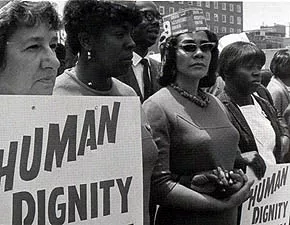
Black History Month is celebrated every February to honor the achievements of African Americans who have shaped American history. Historian Carter G. Woodson hoped to raise awareness of African American's contributions to civilization by establishing Negro History Week. The event was first celebrated during a week in February 1926 that included both Abraham Lincoln and Frederick Douglass' birthdays. The week was later expanded to a month in 1976 during the United States bicentennial.
PHOTO: On March 20, 1969, Black hospital workers at the Medical College of South Carolina in Charleston went on strike to protest the firing of twelve employees and to call for higher wages and union recognition.

Video
Uncover the inspiring story of Harvey Gantt, the first black student to break barriers at Clemson University and later become Charlotte's first black mayor.
Video
This man is one of the few African Americans who has already cast a ballot. In 1865, shortly before the end of the Civil War, a group of about a thousand Black men in Norfolk, Virginia formed the...
Video
A New York music store owner named Samuel C. Jollie created a glass ballot box, bringing literal transparency to the voting process. Voters inserted ballots through a small hole on the top of the box...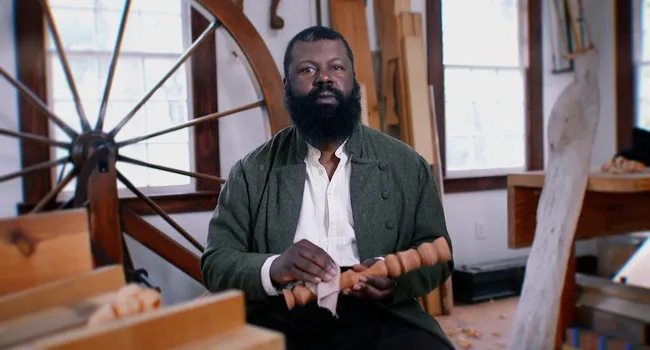
Video
Before the Civil War the majority of free Black people lived in the South, where they couldn’t testify in court, learn to read, or travel without restrictions. But they survived and thrived as...
Video
This new voter has very little money or belongings, but he has gained his freedom. After passage of the Reconstruction Acts, thousands of politically energized freedmen, rich and poor, registered to...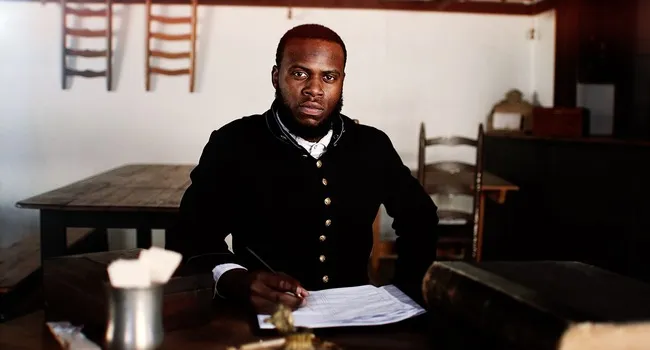
Video
At the beginning of the Civil War, the federal government excluded Blacks from the army, but in 1862-63, as the need for soldiers grew, the government scrapped the prohibition and welcomed Black...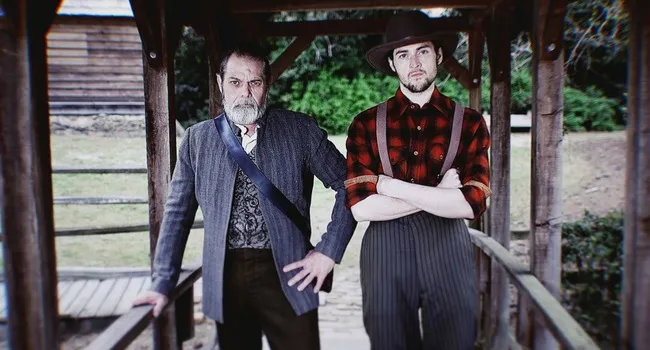
Video
These men represent white Southerners who fought for the Confederacy and are strongly opposed to the idea of Black men voting. Changes that Radical Reconstruction brought about met with vicious...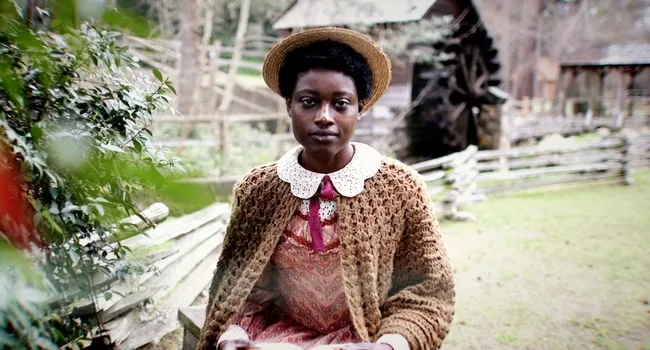
Video
The wife of one of the Black voters has joined her husband for this historic event. Women saw enfranchisement of Black men as a gain for the entire race and encouraged men to adhere to the wishes of...
Video
At this polling station, U.S. Army soldiers are serving as poll workers, since the state of Virginia is under federal military rule. In 1867, the Radical Republicans, now in control of Congress...
Video
Elizabeth Evelyn Wright’s dream of establishing a school in South Carolina would come true in 1897. Elizabeth Evelyn Wright, a graduate of Tuskegee Institute, had a deep desire to open a school where...